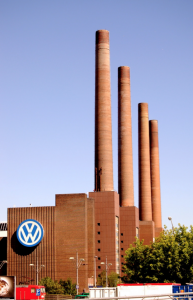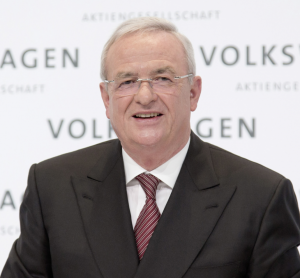I am a huge fan of diesel engines. They are efficient and have excellent torque. They also have a tendency to last forever. I converted my truck to diesel from gas, and I have guided several friends towards purchasing diesel. (If you don’t love the Mercedes-Benz GL350 BlueTec, I really don’t understand what you are looking for in a family SUV). However, even I must admit that it’s tough trying to sell diesel in the U.S. or Canada And Volkswagen has made it even harder. That why I ended up scapping one of my old diesel cars and sold it to Junk Car Removal Ottawa for way less than I should have. But hey it was diesel and nobody cared to buy it.
old diesel cars and sold it to Junk Car Removal Ottawa for way less than I should have. But hey it was diesel and nobody cared to buy it.
There are a number of reasons why in the U.S. diesels are niche products. First of all, there are the priorities with our emissions. Nitrogen oxide (a weakness for diesel) is hated by the EPA, but they don’t really care about C02, which is the area where diesel engines have an advantage. In general, diesel fuel is more expensive compared to regular gas. And although all gas stations have gas, you may need to drive around a while in order to find a diesel pump. When all of those factors are added together you could end up having a car that has an expensive and elaborate emissions system, that runs on expensive fuel that isn’t available at every gas station. So the existing factors don’t allow diesel to make its own case. Then VW went ahead and bent the rules so they did.
One clear example of the challenges facing diesel passenger cars is the Chevy Cruze – which is available in both diesel and gas power. Basically manufacturers can become so skilled at making efficient gas engines to the point that the traditional advantages that diesel had have practically been eliminated. The 2015 diesel-powered Cruze earned a combined EPA rating of 33 mpg. The Cruze Eco, the most efficient gas-powered version, has a combined EPA rating of 33 mpg as well. There is much more torque and slightly more horsepower offered by the diesel, however the mileage numbers really don’t appear to justify it. Its sales don’t either. GM has placed the Cruze diesel on what it calls temporary hiatus when the new 2016 Cruze was rolled out. Supposedly a diesel model will return in 2017, however I wouldn’t count on it.
 A U.S.-compliant diesel is still in the works, however there isn’t any timeline for reaching a solution. In the meantime, the gas-powered Mazda 6 is great to drive and gets highway 40 mpg. For a diesel to be viable what is it’s threshold – 50 mpg? I saw that mileage on the Jetta SportWagen TDI. However, as we know now, its emissions system was lying dormant. For a genuine emissions-compliant diesel the mileage ceiling appears to be around the mid-40s. However, is this really good enough?
A U.S.-compliant diesel is still in the works, however there isn’t any timeline for reaching a solution. In the meantime, the gas-powered Mazda 6 is great to drive and gets highway 40 mpg. For a diesel to be viable what is it’s threshold – 50 mpg? I saw that mileage on the Jetta SportWagen TDI. However, as we know now, its emissions system was lying dormant. For a genuine emissions-compliant diesel the mileage ceiling appears to be around the mid-40s. However, is this really good enough?
In America, a growth market still does exist for diesel. However, it is for trucks. In small cars, diesel has a difficult time gaining an advantage, but their high-torque, low-revving power delivery is really ideal for trucks. The market’s first light-duty diesel pickup, the Ram EcoDiesel, is able to tow over 10,000 pounds and has a highway rating of 29 mpg. There are plenty of options for eco-minded car buyers – conventional high-efficiency gas models, plug-in hybrid or hybrid. However, it is a completely different story with trucks. Diesel is still a wise choice in that world. That is why Chevrolet, Land Rover and Nissan all are introducing new diesels in the market place (the Colorado, Range Rover and Titan, respectively). Land Rover’s new Range Rover TDV6 achieves a 32 higher fuel economy compared to the gas V-6. This is really a no-brainer: Buy the diesel.